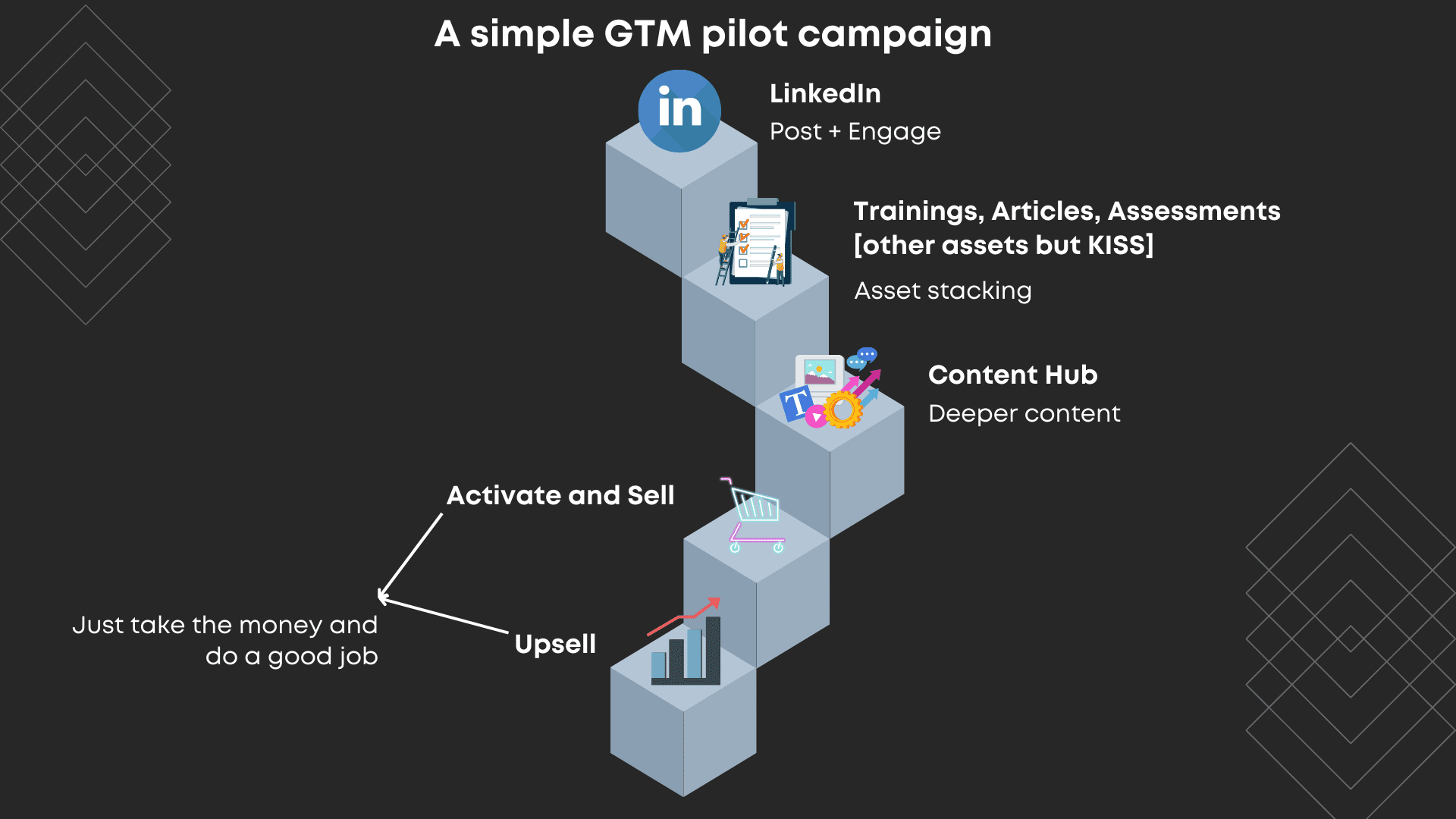Selling has existed for as long as business has, but while the nature of business has changed completely in the past few decades, selling hasn’t.
In 1950, going door-to-door or cold-calling customers to sell software was common. It was a perfectly acceptable way to sell anything. Cut to 2023, where selling $20k software through a cold call is next to impossible. And yet, B2B companies won’t make the much-needed switch.
In the last 70 or so years, the landscape of doing business has been reinvented. The growing competition and consumer preferences have a huge impact on how, why and if at all customers buy. “People love buying but hate being sold to” is the quote that fits the 21st-century user the best.
Because buying patterns have changed, the way B2B companies approach selling needs to change too. This requires companies to make a shift from implementing a sales-first growth strategy to a marketing-led one.
Why is the sales-first approach not working?
- There is huge competition in MOFU and BOFU, so the buyer needs to be influenced first. It isn’t as easy as calling them up and pitch-slapping them anymore.
- Buyers do not want to talk to salespeople – they do not want to be sold to. They want to self-consume information and do their own research first.
- If you generate demand, you win.
Marketing-led growth is essentially a mindset and growth strategy where customer insight drives engaging buying experiences. This approach takes into account your buyer’s journey and places consequent touchpoints on this journey accordingly.
This is how you make the transition:

A simple GTM pilot campaign encompasses how marketing-led organizations approach selling
Related Posts
- The simple B2B growth-marketing play - ep 3
Can you have success with almost zero marketing? Some believe it’s possible. Up to a…
- Transforming From Sales-led Growth to Marketing-led Growth - ep 38
https://youtu.be/jOKRuhF2gwc At Klear, we’ve been talking a lot about how transitioning from sales-first growth to…
- The greatest content marketing opportunity in B2B - ep 25
Have you heard the news of the B2B company that went bankrupt because it created…

